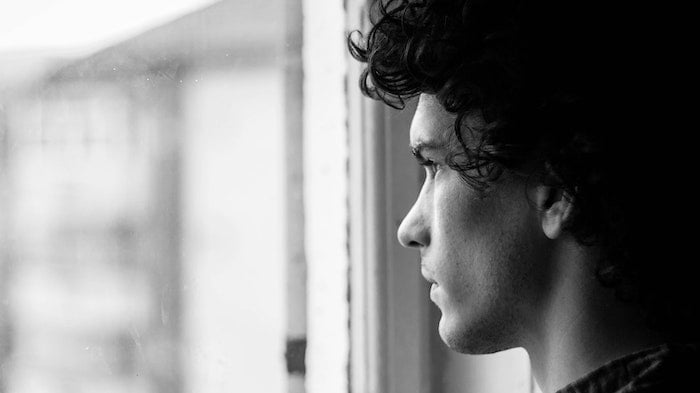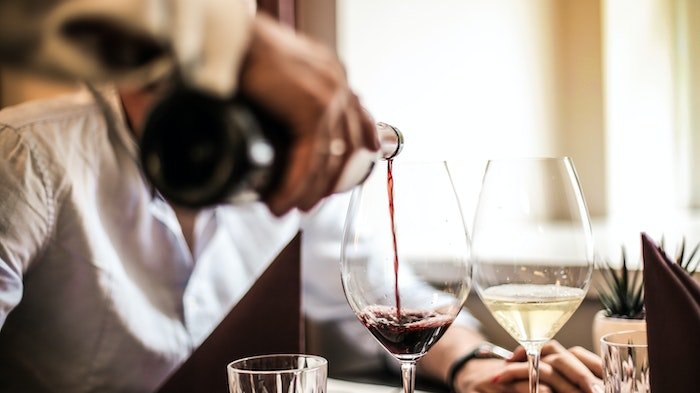Drug & Alcohol Rehab in Potters Bar
According to 2019 NHS statistics on drug misuse, there were 7,376 hospital admissions for drug-related mental and behavioural disorders.
In that same year, there were also 18,053 hospital admissions for poisoning by drug use. There were also 2,917 deaths related to poisoning by drug misuse.
So many of those cases could’ve been avoided if those people had got help sooner. It’s not easy to admit that you have a problem – but it is nearly always the best way to heal. Addiction often worsens over time, so the longer you leave it, the trickier it will become to treat.
Here, we have a guide to drug and alcohol rehab in Potters Bar, including reasons you should seek out help, the difference between physical and psychological addictions, the difference between use, abuse and addiction and the stages of rehab along with typical treatments.
Why Should I Seek Out Drug & Alcohol Rehab in Potters Bar?

Professionally supported drug and alcohol rehab is nearly always the best option. It will give you access to a level of support, care and treatment that you wouldn’t be able to access anywhere else.
Before you get started, we’ll also try to get to know you. As a result, any treatment you go through will be highly personalised and tailored to suit you. The combination of mental and physical health treatments will be specifically targeted towards your issues, so it really is the best option.
The intention of rehab isn’t to fully cure you. Like a lot of other mental health issues, addiction is too deep-rooted to be solved that easily. Instead, the intention of rehab is to give you the tools to fight it yourself when your treatment plan is over.
Physical vs Psychological Addictions
Addictions’ mental and physical side are both a big reason why it’s often so difficult to deal with. On the one hand, you’ll likely be dealing with dependence and withdrawal symptoms if you attempt to stop. On the other, psychological cravings can be just as debilitating.
Many addictions also have trauma at their core. Even if you don’t start off by suffering from them, many drugs can cause mental health problems like depression, anxiety or even eating disorders. As a result, mental health treatments are often a vital part of the rehab process.
Use vs Abuse vs Addiction

Many people don’t know that there’s a significant difference between these three. But before you start thinking about addiction and addiction treatments, you should first learn more about addiction as a subject overall.
The more you know, the more you can recognise symptoms in yourself and the more prepared you will be to get help.
Going back specifically to use, abuse and addiction, let’s look at what separates them. Use simply means using drugs, or drinking. Abuse is excessive or harmful use – this is unhealthy and should be avoided, but abuse doesn’t necessarily mean you’re addicted. But abuse can often turn into an addiction, so you should definitely keep an eye on it.
Addiction is a disorder where you can’t stop yourself from using, physically or mentally. In this case, mental cravings and withdrawal symptoms will nearly always prevent your recovery if you attempt to stop using alone. This is also where the previously discussed mental and physical sides both become relevant.
If you feel you have an issue at any of these stages, it’s always best to reach out, rather than keeping it bottled up.
The Stages of Rehab & Typical Treatments Encountered

Although the treatments encountered within them can vary, drug and alcohol rehab in Potters Bar, or anywhere else, consists of three stages: detoxification, rehabilitation and aftercare.
First of all, detoxification aims to break down your physical dependence on the substances you’re addicted to, or on alcohol. Without the slow reduction of your intake that detoxes provide, suddenly stopping can become dangerous. This is why we don’t recommend you try to complete this stage alone.
The next part is one that you can’t really do alone. Whether it’s at home with visits to a centre or in a residential space, rehabilitation consists primarily of therapy and counselling, alongside support groups and physical treatments.
More specifically, common mental health treatments at this stage include:
- Cognitive behavioural therapy – CBT mostly focuses on “cognitive distortions”. These are toxic thinking and behaviour patterns that can often hinder recovery.
- Dialectal behavioural therapy – This is based on CBT, but with a stronger focus on emotions.
- Art and music therapy – Having a creative outlet can be really beneficial to a lot of people
- Group therapy – This has similar benefits to a support group, as it allows you to connect with people in the same or similar circumstances.
- Motivational interviewing – Motivational interviewing encourages you to reexamine your past behaviour, through a series of non-judgmental questions
- Contingency management – At the core of this one is a rewards system, where positive behavioural progress is “reinforced”
Alongside this, physical treatments often used to lift your mood at this stage include reflexology, massages, yoga and acupuncture. Finally, support groups like alcoholics anonymous and narcotics anonymous can provide the same benefits as group therapy.
Finally, aftercare is a transitional stage where you’ll (hopefully), readjust to your new post-rehab life, whilst also continuing to receive treatment. A lot of mental health therapies will continue in this stage and a lot of people also continue participating in support groups.
It’s also important to remember that addiction is a continual battle. If you’re struggling at any point after this, you can always get back in touch with OK Rehab. We can provide more treatment, or simply give you advice on where to go next if that’s all you need.
If you feel that you need help with any level of addiction, all you need to do is call OK Rehab at 0800 326 5559, or get in touch via our website. We’ll be able to guide you in the right direction with instant advice and support.
Furthermore, we can help you with a treatment plan if that’s something you feel you need.





